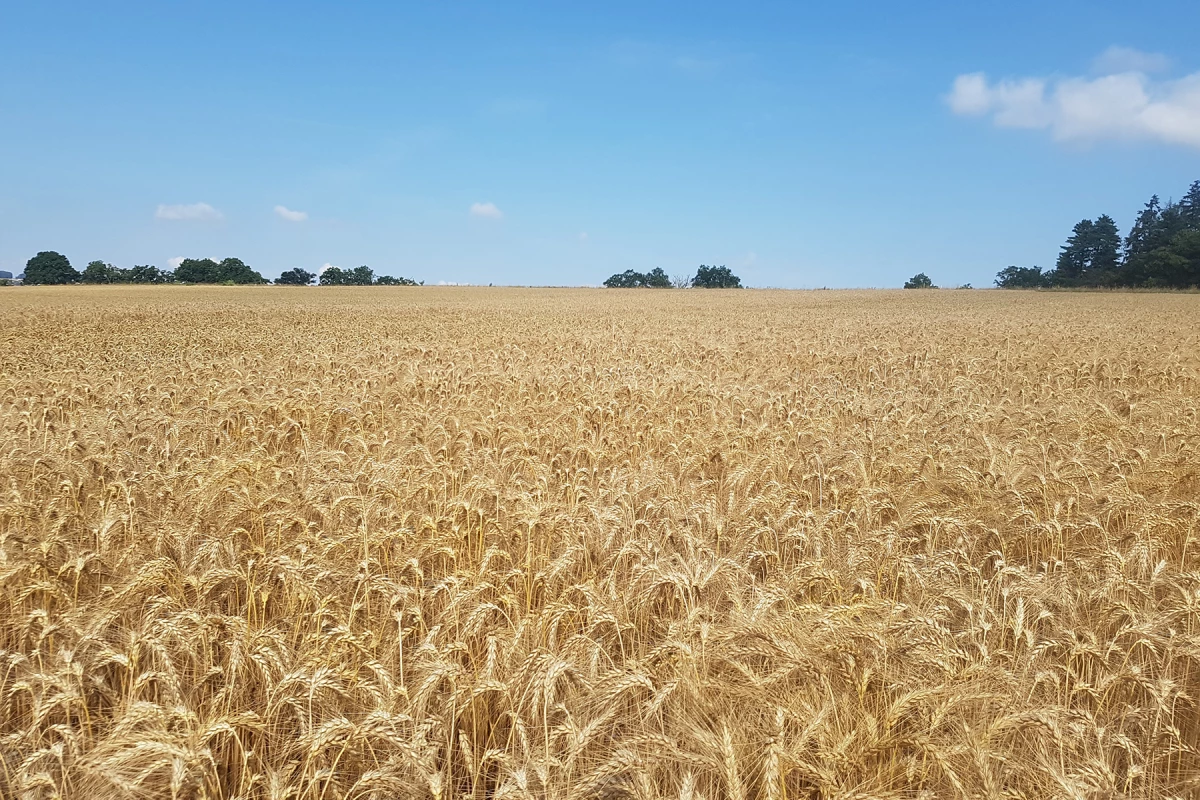Farmers have long known that it's a good idea to rotate crops, and that concept is now getting a new spin. A Swiss study indicates that wheat yields are boosted when those crops are planted in fields previously used to grow maize, which altered the soil's microbiome.
As maize plants grow, their roots release chemicals known as benzoxazinoids. Deposited into the soil, these chemicals in turn affect what types of beneficial bacteria and fungi thrive there. Even after the plants have been harvested, the microbes remain in the soil.
In previous studies conducted at the University of Bern, lab tests showed that when wheat plants were grown in soil previously used to grow maize, they grew better than control plants. Led by professors Matthias Erb and Klaus Schläppi, a team of scientists from the university recently set out to see if the same effect would occur in a real-world agricultural setting.
In order to do so, they grew two types in maize in test plots – one was normal maize, while the other had been altered to not produce benzoxazinoids. After those crops had been harvested, three types of winter wheat were planted and grown in the same plots.
Over a two-year period, it was found that wheat grown in the benzoxazinoid-boosted soil had a 4% better yield. As an added bonus, the plants were less infested by pests. Although more research needs to be conducted, it is hoped that the findings could ultimately lead to reduced use of fertilizers and pesticides.
"A yield increase of 4% may not sound spectacular, but it is still significant considering how challenging it has become to enhance wheat yields without additional inputs," said Erb. "Whether effects of this kind actually make a significant difference for overall agricultural productivity and sustainability remains to be seen, however, as yield also depends on many other factors."
The research is described in a paper that was recently published in the journal eLife.
Source: University of Bern




